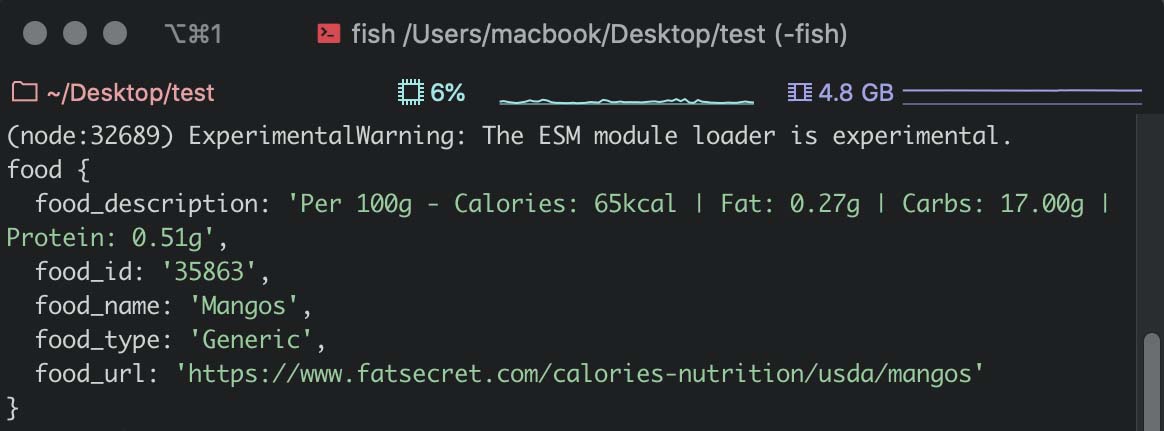Листинг приложения с библиотекой crypto
const masterSalt = '123123123'; // todo use your specific salt
/**
* @constant {string}
*/
const ALGORITHM = 'aes-256-ctr';
/**
* @constant {number}
*/
const BITES_LENGTH = 16;
/**
* @param {string} text - entry
* @returns {string}
*/
export const decode = (text) => {
const sha256 = crypto.createHash('sha256');
sha256.update(masterSalt);
const input = Buffer.from(text, 'base64');
// Initialization Vector
const iv = input.slice(0, BITES_LENGTH);
const decipher = crypto.createDecipheriv(ALGORITHM, sha256.digest(), iv);
const ciphertext = input.slice(BITES_LENGTH);
return decipher.update(ciphertext) + decipher.final();
};
/**
* @param {string} text - text
* @returns {string}
*/
export const encode = (text) => {
if (!text) {
throw new Error('Encode empty');
}
const sha256 = crypto.createHash('sha256');
sha256.update(masterSalt);
// Initialization Vector
const iv = crypto.randomBytes(BITES_LENGTH);
const cipher = crypto.createCipheriv(ALGORITHM, sha256.digest(), iv);
const ciphertext = cipher.update(Buffer.from(text));
return Buffer.concat([iv, ciphertext, cipher.final()]).toString('base64');
};
Пример теста
module.exports = async (t) => {
const firstWord = crypt.encode('Something What?');
const dWord = crypt.decode(firstWord);
t.is(dWord, 'Something What?');
t.throws(() => {
crypt.encode(undefined);
});
}

